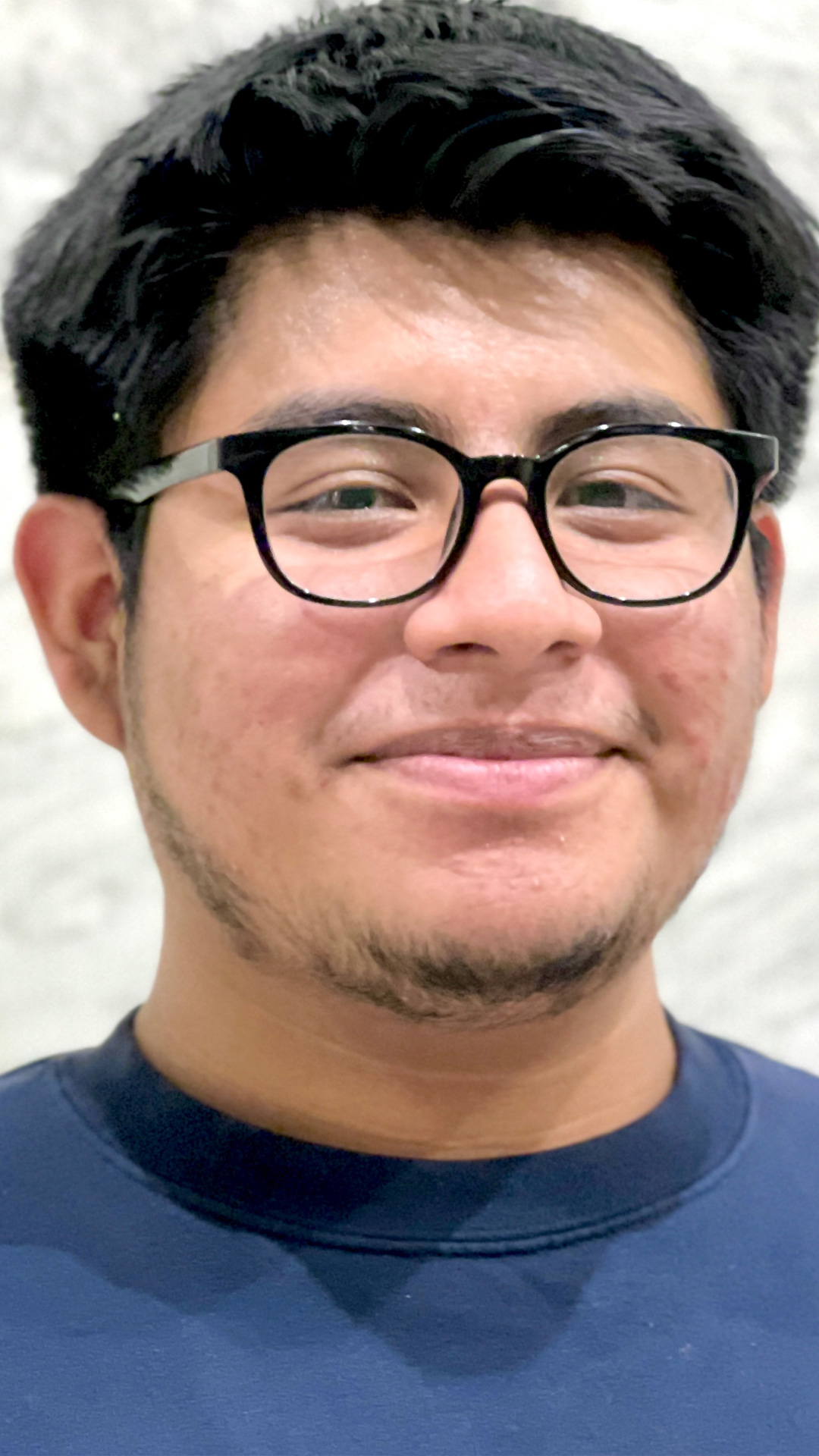Midd students do research with faculty all the time. And I will draw on some of my own research projects to give you a sense of what that looks like. I’m an applied microeconomist. You can think data and statistics. My work seeks to identify and measure the causal effects of reproductive policies on people’s lives. And over the years, I’ve hired many RAs to work on research projects with me. My RAs have ranged from freshman to seniors. Some of them have been undeclared in major. Others have been majoring in computer science, math, geography, environmental studies, history, and not surprisingly, my own field, economics. My RAs work in visualizations, have appeared in scholarly journals. They’ve appeared in national media outlets like the New York Times. They’ve even appeared in federal courtrooms. This year, I’ve had three RAs working with me on a project that is in partnership with a national nonprofit organization. We’re all working together to rapidly update a database of reproductive healthcare providers so that we can see how changes in Title X funding that took effect this summer are affecting reproductive healthcare access. This summer, I have an RA lined up to work with me here in Middlebury on campus, fingers crossed. But definitely gonna work with me on a project to update another database of abortion facilities so that we can visualize the changing landscape of abortion access. Now, not surprisingly, my RAs have been incredibly helpful to me in my own research. It’s also, I hope and think, a valuable experience for them. They’re getting a chance to deeply learn and demonstrate their expertise with a methodological toolkit that’s really valuable in grad school and in demand among a lot of employers. But really perhaps even more importantly, there’s something magical about getting to deeply engage a research project and see what it takes to push the boundaries of knowledge forward. It can be really difficult and painstaking and messy and frustrating and exciting. And ultimately, in being part of that process, students transition from just being recipients of wisdom to actually creating new knowledge and being more rigorous and critical thinkers who ask questions about why it is that we know what we think we know. I think it makes them more skeptical without crossing that dangerous border into cynicism. So wherever your own passions lie, I would strongly encourage you, if you’re a Midd Kid, to look for opportunities to engage in research with faculty. Those opportunities are not difficult to find.





